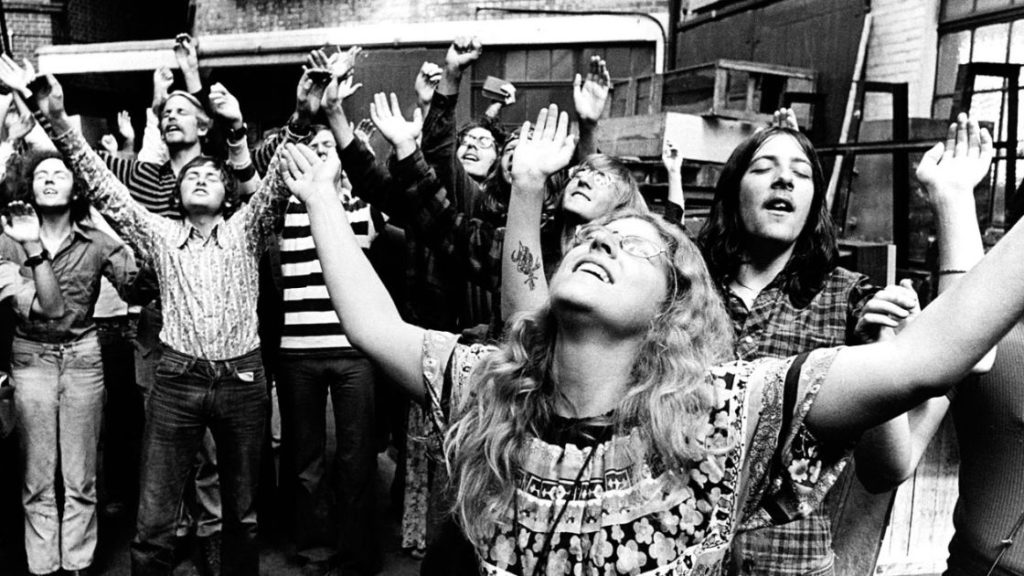
Talent and the power of doubt
Sitting in a windowless conference suite in Tokyo last year a few weeks into a new role at a new company, I listened to a company chief sketch out the conundrum which he saw the business in. He explained, that morning, to the half-bored, half-hungover leaders and middle-managers that, because ‘we had optimised for IQ,’ we were inevitably short on emotional intelligence. In his eyes, because they had hired so many (allegedly) ‘brilliant smart people’ such as those assembled in the room, that we were low on empathy and understanding. This was, in his view, because ‘EQ and IQ tend to be inversely correlated. I have to say the blinding idiocy of this has stuck with me for a long time and makes it hard for me not to think I am in the wrong place.
Then again, it’s probably statements like that which mean I am exactly where I am needed…
I fundamentally disagree with this assertion for a number of reasons. Not least of which is that it is heavy enough with implicit gendering that you could throw it into the deep end of the school pool for swim-test day. Likewise even if we were to assume that a certain kind of analytical business-focussed brains did preclude emotional smarts ( and that is a fucking big pass…) then it would be an admission that they were hiring only one very specific strain of what could be considered intelligent. Countless studies have shown that a diverse group of average or even ‘below average’ (whatever the fuck average means) people outperform a monoculture of overachievers. Not the smartest move. But there is a third element here that I want to think about – doubt.
Now, doubt can be seen as an unwanted side-effect of EQ, but I would argue that doubt and emotional sensitivity are part of the same thing. If you wrongly assume that you are hiring the most intelligent when you hire the most self-assured you create a self-fulfilling prophecy. And you may not hire the smartest people.
Think of it this way – how smart can you be if you are really sure? Would you stake your next three months salary on that thing that you are sure of? Your entire career? A relative’s life? Fantastic if you can. The world needs believers. The world also needs clear-headed analytical thinkers that can take emotion out of a decision when they need to. But their EQ in many way is unrelated. And with emotion comes doubt. It is the awareness of others, other possibilities, the consequences of other convictions and beliefs, even if they could be wrong.
The very best people I have worked with have combined self-awareness with doubt. They know what they are good at, they understand their abilities as well as their limitations and are unafraid to articulate them. But they do not ‘believe’ their own hype. They may light fires at work, but they never suck the oxygen out so that there is no room for alternative viewpoints. The very best leave space in their own minds for the ambiguities. They can be decisive when they need to, but they decide having looked at something from all side and through the eyes of others. They are hugely intelligent because they harness their emotional understanding in order to do that. It is that same understanding that allows them to hire people who aren’t like them, diametrically opposite even, because they can see what they bring.
Be wary of anyone that claims to be certain.
Category: culture